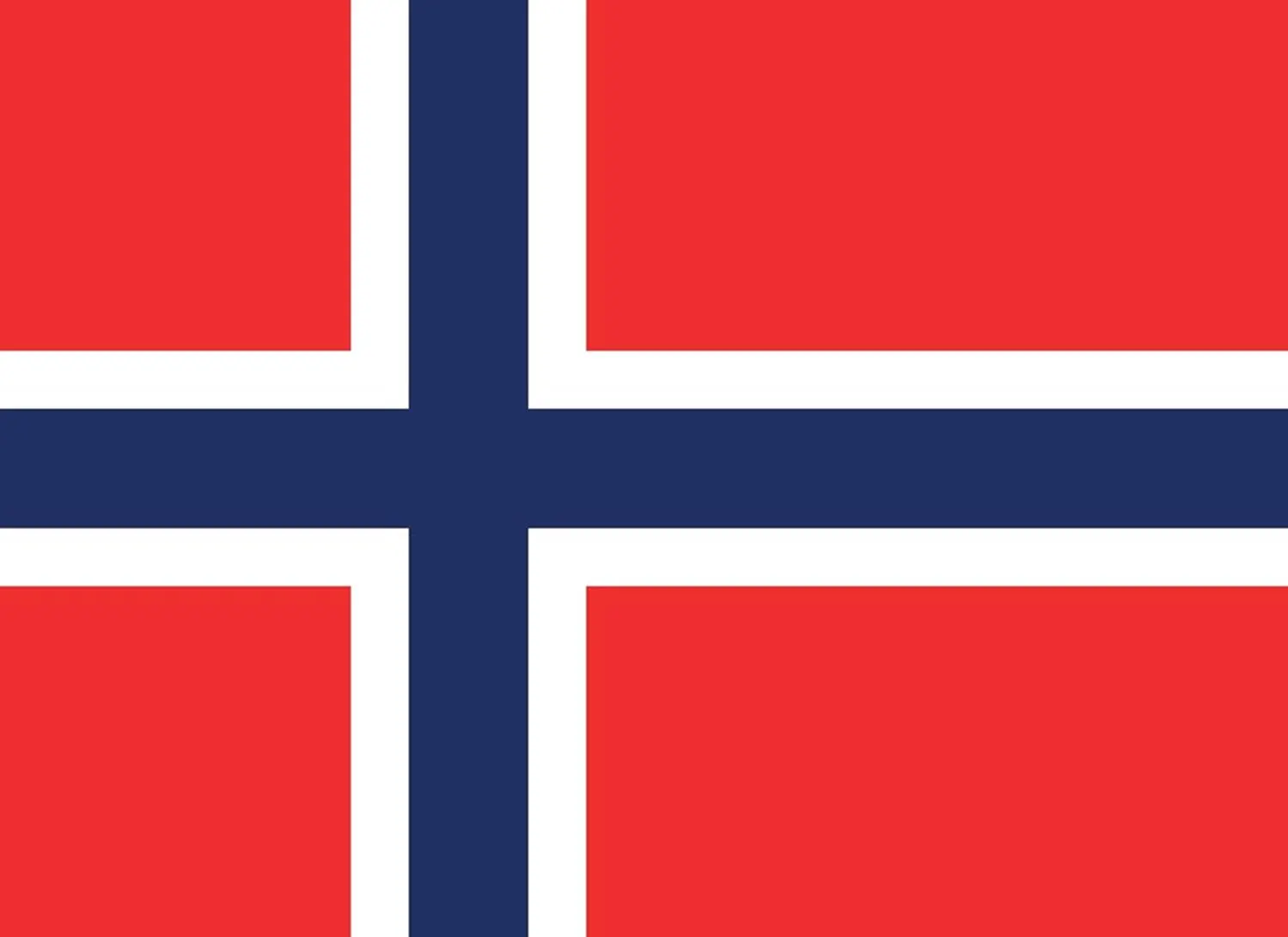Norway is a tiny Scandinavian country with a population of 5.5 million, less than the 7 million in my home state of Massachusetts. The country is well known for its exemplary performance in the Winter Olympic Games. For the past 24 games, it ranks first in medals with 405 (148 Gold) compared to second place United States with 330 medals (113 Gold).

Landscape with red fisherman houses on Lofoten islands, Norway | GETTY
But current conversations in the short summer with long days there shouldn’t be about the next Winter Olympics. Rather, it should be the fact that—during 2022 and 2023, thanks to Russia’s invasion of Ukraine—Norway is earning more than $170 billion from oil and gas revenues above pre-war estimates from the Ministry of Finance. If oil and gas prices stay high due to sanctions on Russia and other reasons, Norway might continue to earn $50-100 billion extra per year for years to come. I have no inside connections in the Norwegian government, but I hope they are having discussions to figure out what to do with all this money. There are certainly pressures on them to be doing so. A September 8. 2022 The Economist article stated that, “Norway is profiting embarrassingly from war in Europe” and suggested “It should think of ways to help the EU through the crisis.”
The organization getting this money is the Norwegian Government Pension Fund Global, commonly referred to as the “Oil Fund,” managed by Norges Bank Investment Management (NBIM). It has total assets of around $1.5 trillion, essentially the same size as Japan’s Government Pension Investment Fund. Where does all this money come from? It all started in 1969, when one of the world’s largest oil fields was discovered in the North Sea. The fund is for the citizens of Norway. “The aim of the fund is to ensure responsible and long-term management of revenue from Norway’s oil and gas resources, so that this wealth benefits both current and future generations.” Today the fund is worth nearly $275,000 for every citizen of Norway. Its citizens and future citizens look to be in pretty good financial shape, but like everyone else on the planet they will be exposed to the effects of climate change.
SUBSCRIBE TO OUR NEWSLETTER
Subscribe our newsletter to receive the latest news, articles and exclusive podcasts every week


